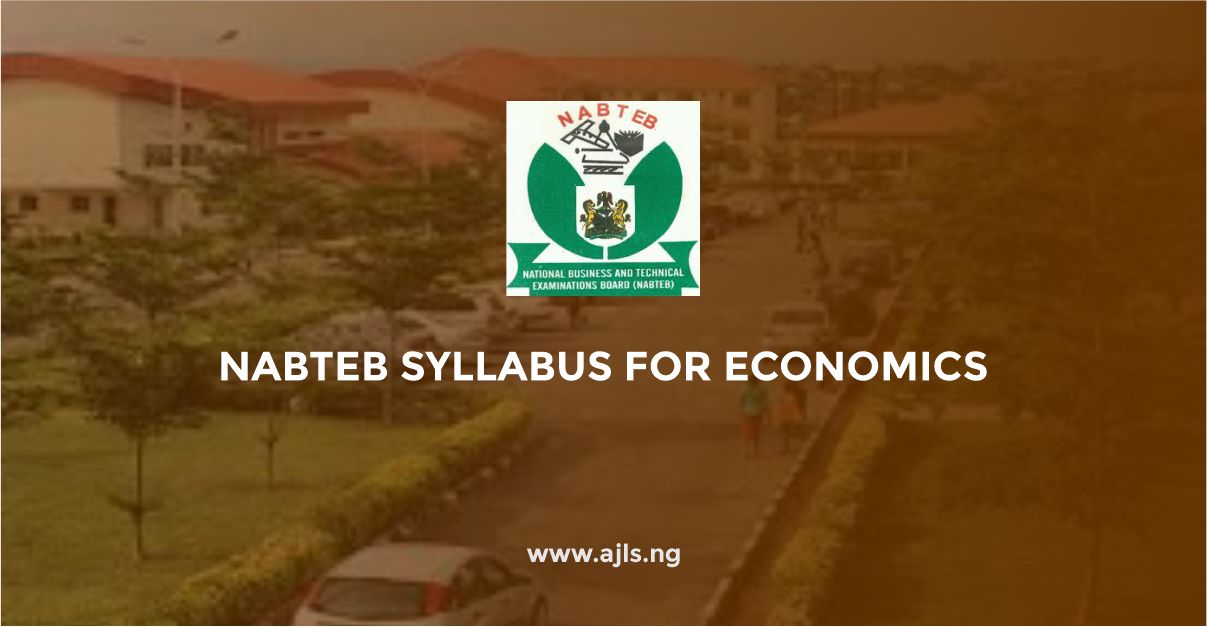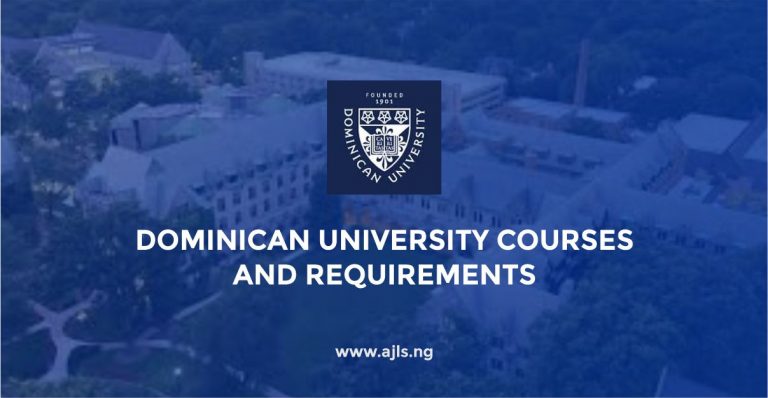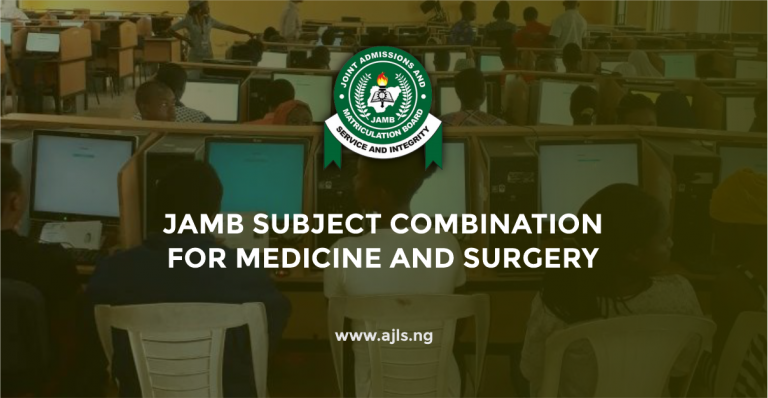NABTEB Syllabus for Economics 2025

Did you register for NABTEB? Did you choose Economics as one of the core subjects during your registration? The NABTEB examination is around the corner, and as such, candidates who enrolled for the examination and who chose Economics need to start preparing for the examination using the NABTEB syllabus for Economics, as it has been officially released.
The NABTEB syllabus for Economics is what will aid you as a candidate to prepare effectively for the examination. It provides a broad framework that covers key topics such as demand and supply, market structures, money and banking, national income, and international trade.
Whether you are a student preparing for the NABTEB examination or a teacher guiding your learners to prepare for the examination, this syllabus serves as a roadmap for exploring the dynamic and ever-relevant field of economics. Below is an outline of the NABTEB syllabus for Economics, the examination structure, and recommended textbooks for Economics.
Comprehensive NABTEB Syllabus for Economics
Here is a structured table outlining the key topics and objectives in the NABTEB Economics syllabus to assist you in your studies and your NABTEB examination preparation:
| Topic | Objectives |
|---|---|
| 1. Basic Economic Concepts | Understand the meaning and scope of economics; distinguish between microeconomics and macroeconomics; identify economic problems and solutions. |
| 2. Consumer Behaviour | Explain utility and its types; understand the law of diminishing marginal utility; analyze consumer equilibrium and indifference curves. |
| 3. Demand and Supply | Define demand and supply; illustrate demand and supply curves; analyze factors affecting demand and supply; determine equilibrium price and quantity. |
| 4. Production | Understand the factors of production; differentiate between short-run and long-run production; analyze production functions and returns to scale. |
| 5. Market Structures | Identify different market structures: perfect competition, monopoly, monopolistic competition, and oligopoly; analyze their characteristics. |
| 6. National Income | Define national income and its components; understand methods of measuring national income; analyze factors affecting national income. |
| 7. Money and Banking | Understand the nature and functions of money; analyze the role of commercial banks and the central bank; understand monetary policy tools. |
| 8. Public Finance | Define public finance; understand government revenue and expenditure; analyze taxation and its effects on the economy. |
| 9. International Trade | Understand the basis for international trade; analyze balance of payments; understand exchange rates and trade policies. |
| 10. Economic Development and Planning | Define economic development and growth; understand indicators of development; analyze development planning and strategies. |
| 11. The Nigerian Economy | Analyze the structure and characteristics of the Nigerian economy; understand sectors of the economy; discuss challenges and policies. |
NABTEB Economics Examination Structure
The NABTEB Economics examination is structured to assess candidates’ understanding through two distinct papers
| Paper | Description | Duration | Weight |
|---|---|---|---|
| Paper I | Objective Test: 50 multiple-choice questions covering the full syllabus. | 50 minutes | 40% |
| Paper II | Essay Test: Divided into two sections: <br> – Section A: One compulsory question. <br> – Section B: Four questions to be answered from a given set. | 2 hours 30 minutes | 60% |
Recommended Textbooks for NABTEB Economics
- Economics: Exam Focus by Aderinto, A.A. et al. This textbook provides comprehensive coverage tailored specifically for examination success, making it ideal for NABTEB candidates.
- Oxford Dictionary of Economics by John Black. A reliable reference for clear definitions and explanations of economic terms and concepts used throughout the syllabus.
- What is Micro-Economics? by Richard Brownson-Oton. Offers a focused exploration of microeconomic principles in a student-friendly language.
- What is Macro-Economics? by Richard Brownson-Oton. Complements the microeconomics book by tackling broader economic systems and national economic indicators.
- Economics Made Easy by D.O. Eyiyere. A beginner-friendly resource that breaks down complex economic concepts into easy-to-understand explanations.
- Countdown to SSCE/JME Economics by Fajana, F. et al. Designed to help students prepare for senior secondary exams with practice questions and key summaries.
- Round-up Economics by A.B. Falodun et al. A revision guide that highlights essential topics and theories in economics, great for last-minute preparation.
- Modern Microeconomics by A. Koutsoyiannis. A more advanced text for students who want deeper insight into economic theory, especially useful for those considering further studies in economics.
Conclusion
The NABTEB syllabus for Economics provides a comprehensive framework covering fundamental economic principles, microeconomic and macroeconomic theories, public finance, international trade, and contemporary economic issues, particularly relevant to Nigeria.
It is designed to equip candidates with the necessary knowledge and analytical skills to understand economic concepts, interpret data, and apply their learning to real-world scenarios.
Successfully mastering this syllabus is crucial for achieving success in the NABTEB examination and lays a solid foundation for further studies or practical engagement with the economic environment.




